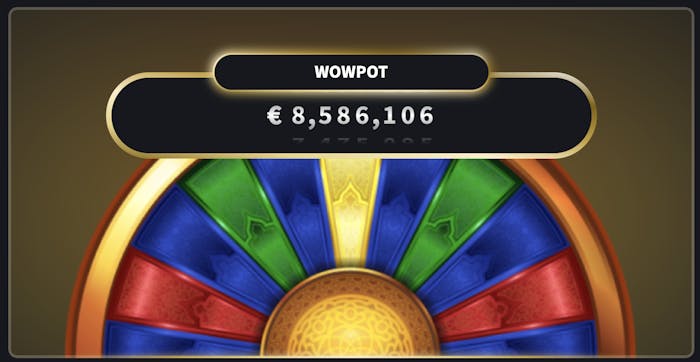UK Lawmaker Calls for Complete Ban on Gambling Ads on Channel 4


In a bold move, Labour MP Alex Sobel urges publicly owned broadcaster Channel 4 to cease all gambling advertisements. The decision comes amid growing concerns over gambling harm and its societal impacts. Sobel’s appeal adds to the increasing pressure for tighter gambling ad regulations as the Labour Party's Annual Conference looms.
- Labour MP Alex Sobel has requested Channel 4 to implement a total ban on gambling advertisements.
- Sobel’s request highlights the public’s support for ending gambling ads.
- Sobel also highlights Channel 4’s unique position as a publicly owned broadcaster.
- Gambling operators spend approximately £2 billion yearly on advertising.
- Reports indicate that 1.6 million children in the UK are exposed to gambling-related problems at home.
- Problem gamblers are significantly more likely to bet after seeing gambling ads.
- The campaign against gambling ads includes a voluntary ban on Premier League clubs’ gambling shirt sponsorships, which will take effect after the 2025-26 season.
In a recent and impactful development within the UK’s gambling advertisement conversation, Alex Sobel, the Labour MP for Leeds Central and Headingley, issued a public call to action targeting Channel 4. His plea? Broadcasters should eliminate gambling advertisements from their programming. This request underscores the ongoing debate about gambling ads on television. At the same time, it places Channel 4 – a station still under public ownership – at the forefront of potential industry change.
A Strategic Target
Why Channel 4, you may wonder? Sobel’s choice of target stems from the broadcaster’s unique status as a publicly owned entity. This is despite previous discussions led by Boris Johnson about privatising it. Nevertheless, this status and Channel 4’s reputation as a “broadcaster known to challenge the status quo” using its “radical voice” make it an ideal platform for initiating meaningful change in how gambling advertisements are approached in the UK. In his moving letter to Channel 4’s CEO, Alex Mahon, Sobel calls on the network to reflect the majority public opinion favouring gambling ads' complete cessation.
The Stakes are High
The magnitude of gambling advertisement expenditures is telling. With around £2 billion ($2.66 billion) poured annually into advertising by UK casinos, predominantly fueled by the surge in online gambling, the impact is far-reaching. Notably, such exposure is not without its victims; approximately 1.6 million UK children live in environments marred by gambling-related issues. Children exposed to gambling, the report by GambleAware suggests, are four times more likely to suffer corresponding harm themselves.
A Ripple Effect of Harm
Sobel’s letter didn’t shy away from highlighting the dire consequences associated with problem gambling: debt, job loss, family breakdown, health issues, and, in extreme cases, death. With problem gamblers almost 40 times more likely to be influenced by gambling ads, the risk is glaringly apparent. An increase in gambling ads targeting women, alongside the continuous pressure placed on the government for regulatory reforms, indicates a seismic shift in public sentiment towards gambling advertisement practices.
A Call for Responsible Broadcasting
Sobel’s request will undeniably stir crucial conversations among its attendees as the Labour Party's Annual Conference in Liverpool approaches. With the Premier League set to enforce a voluntary ban on gambling shirt sponsorships post-2025-26 season, the motion signals a broader acknowledgement of the need for reform. Sobel’s stand reflects a growing demand for responsible broadcasting and advertising. This message resonates not just with affected families but with a society increasingly aware of gambling’s ripple effects.
Sobel’s appeal to Channel 4 beckons a critical examination of the ethics of gambling advertisement. It also urges a significant pivot towards safeguarding public health and welfare over profit margins. As discussions unfold, the odds of witnessing a transformative shift in the UK’s gambling advertisement landscape remain a focal point of anticipation and debate.
Comments
Comment Submitted for Review
Just now
Your comment has been submitted for moderator review. It will be posted shortly once approved
Latest News

With an education from the University of Cambridge and while working with iGaming for the last seven years, Stephen has obtained a lot of knowledge about the industry. He usually writes about the different types of online casinos, casino bonuses and various gambling strategies.
Read more about the author







